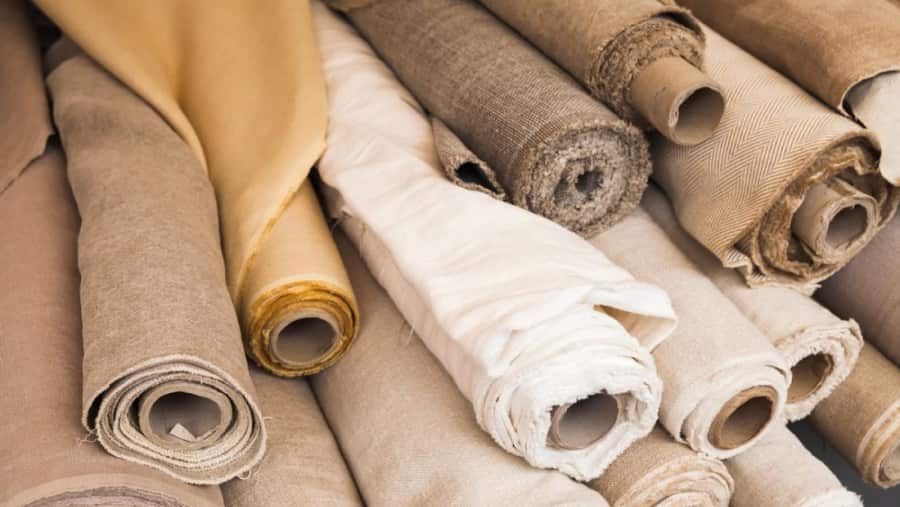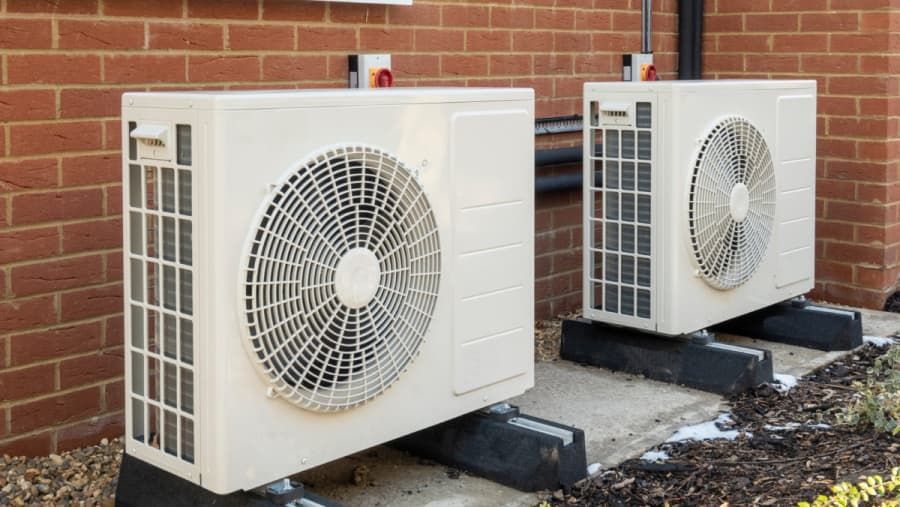Sustainable Fabrics: Here Are What You Should Know
In a time when environment awareness is at the forefront of global communications, the fashion industry is going through a huge change. One aspect is the use of sustainable fabrics. And in this article, let’s delve into the deeper world of it.

What Are Sustainable Fabrics?
Sustainable fabrics are the fabrics that are produced in ecological and ethical ways. This includes the origin of materials, way they plant, whether the company can reduce the resource waste and how they treat related labors and communities.
Types of Sustainable Fabrics
1. Recycled Polyester
Produced from plastic bottles and waste, it minimizes pollution and resource waste by removing plastic from landfills and the ocean. It behaves like virgin polyester, combining toughness and flexibility.
2. Linen
Linen comes from the flax plant, which does not require much in comparison to pesticides and fertilizers. It has great breathability, making it a great summer fabric. The production of linen, though, can use a lot of water, so sourcing from regions with well managed irrigation systems is key.
3. Wool
Wool is a natural fiber gathered from humans and other humans. Not only is it biodegradable and resistant, but it also has excellent temperature-regulation properties. Even within animal products like wool, there are ethical options, for instance, ethically sourced wool, which emphasize a humane standard of treatment for animals and sustainable management of land.
4.Organic Cotton
Organic cotton doesn’t use synthetic pesticides, herbicides and fertilizers, instead, it uses less water, which is more beneficial for farmers’ health and environment. Organic cotton is a top choice for sustainable development brand.
Benefits of Sustainable Fabrics
1. Helps the Environment: Organic fabrics decrease pollution, save water and generate less waste. Many use renewable resources and sustainable production processes.
2. Health Benefits: Natural fibers are by nature hypoallergenic and breathable, making them skin-friendly especially for babies. They don’t also have the harmful chemicals often found in synthetic fabrics.
3. Economic Wage: A lot of these sustainable textile industries are supporting small farmers and artisans; thus economic development and fair wages in the developing world.
4.High Quality and Firmness: Sustainable fabrics are usually more endurable, which reduces the frequency and related environmental waste of buying clothes.
How to Incorporate Sustainable Fabrics into Your Life
1. Read the Labels: When you buy, do remember to check whether the products have the information like Global Organic Textile Standard or Organic Content Standard in their tags, these information shows their materials.
2. Be Mindful: Buy clothes made from organic fabrics. Check the whole lifespan of the products, from buying the original materials to the treatment of its life end.
3. Choose Brands with High Trust: You would better choose the brands that are believed by a lot of people, you can also ask others for suggestions if they are frequent buyers and have enough experiences.
4.Buy Less, Choose Well: Garment maintenance. Wash less, patch holes, donate or recycle when clothing outlives its use.
In conclusion, sustainable fabrics are a step in the right direction toward the fashion industries sustainable and ethical journey. Consumers can make a concrete difference in this planet by selecting materials that reduce harm and increase value. This slow fashion lifestyle inspires, as the demand for sustainable fabrics grows, the choices also have begun to grow. Choose sustainable fabrics and make contributions to the environment and society now.
Guess you like
-

Cheap Mobility Scooters for US Seniors
-

Where to Find All-Inclusive Luxury Overwater Bungalows Without Straining Your Budget
-

How to Choose the Right Online Marketing Degree
-

Unlock Affordable High-Speed Internet for Businesses
-

Why We Need Cybersecurity Software to Protect Our Data
-

Heat Pumps: A Wise Choice for Heating Old Buildings?



